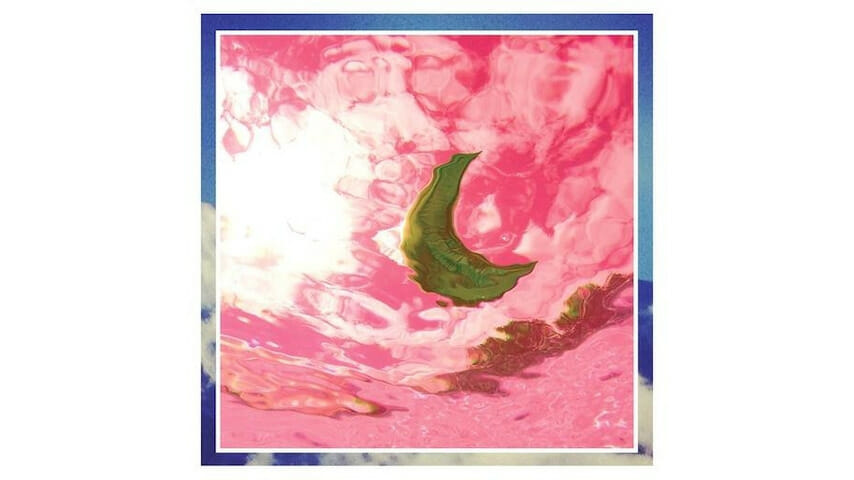Django Django: Marble Skies

You have to wonder if Django Django would like, in playground parlance, a “do over.”
The London-based quartet made a pretty big splash in 2012 with its self-titled debut album, an oddly addictive fusion of fluttery pop, psych, art-rock and electronic music that earned lots of positive reviews and a Mercury Prize nomination.
Its follow-up, Born Under Saturn, landed less softly in 2015. It’s not a disaster by any stretch of the imagination, it just lacks the airy feel and restless spirit of the debut. Put it this way: Even opening track “Giant” — one of the best songs on the sophomore effort — goes on too long.
Django Django seems to know this. According to press materials, new album Marble Skies “recalls their dynamic, genre-blurring debut” and was made using a “back-to-basics approach in line with the DIY ethos of the band’s early days.” They’ve ditched the big fancy studio approach of Saturn and retreated to a small, cluttered space where they could refocus on the “handmade, cut-and-paste” style of Django Django.
-

-

-

-

-

-

-

-

-

-

-

-

-

-

-

-

-

-

-

-

-

-

-

-

-

-

-

-

-

-

-

-

-

-

-

-

-

-

-

-








































